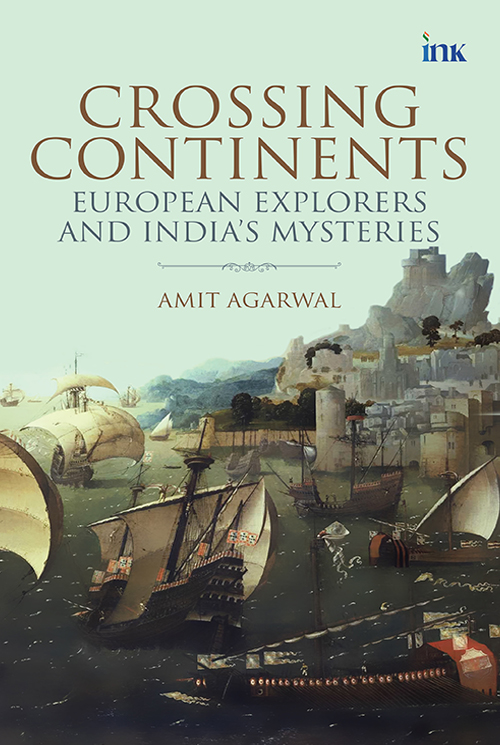Crossing Continents
Since the 13th century, numerous European have travelled to India. Driven by a thirst for adventure or trade opportunities, they embarked on extraordinary voyages across the sea to India. Their journeys were fraught with obstacles, including attacks by marauding gangs and animals, exposure to harsh climates, treacherous terrain, and unknown tropical diseases. Nonetheless, the desire to explore India’s exotic and distant lands propelled them forward.
Almost all of them kept meticulous journals of their travels, chronicling the course of Indian history. Crossing Continents explores the stories of several such travellers: Niccolao Manucci, William Hawkins, Jean-Baptiste Tavernier, Mark Twain, Athanasius Nikitin, Fanny Parkes, etc. All these travellers were relatively unknown at the time and were of little significance in their native homes. They were not bound by their rulers to report in a certain way, which was why their reports were largely unfiltered, unbiased, and unhindered. Each of them travelled to India with different objectives. One seeking precious gems while another a means to fend off debts. Others were driven purely by a desire to travel. They arrived in India during different periods and had unique stories to share. Their untiring pens stitched together a dispassionate history of India—a land of unfathomable contradictions—where sadhus meditated in high-mountain caves and merchants haggled in bustling markets.


